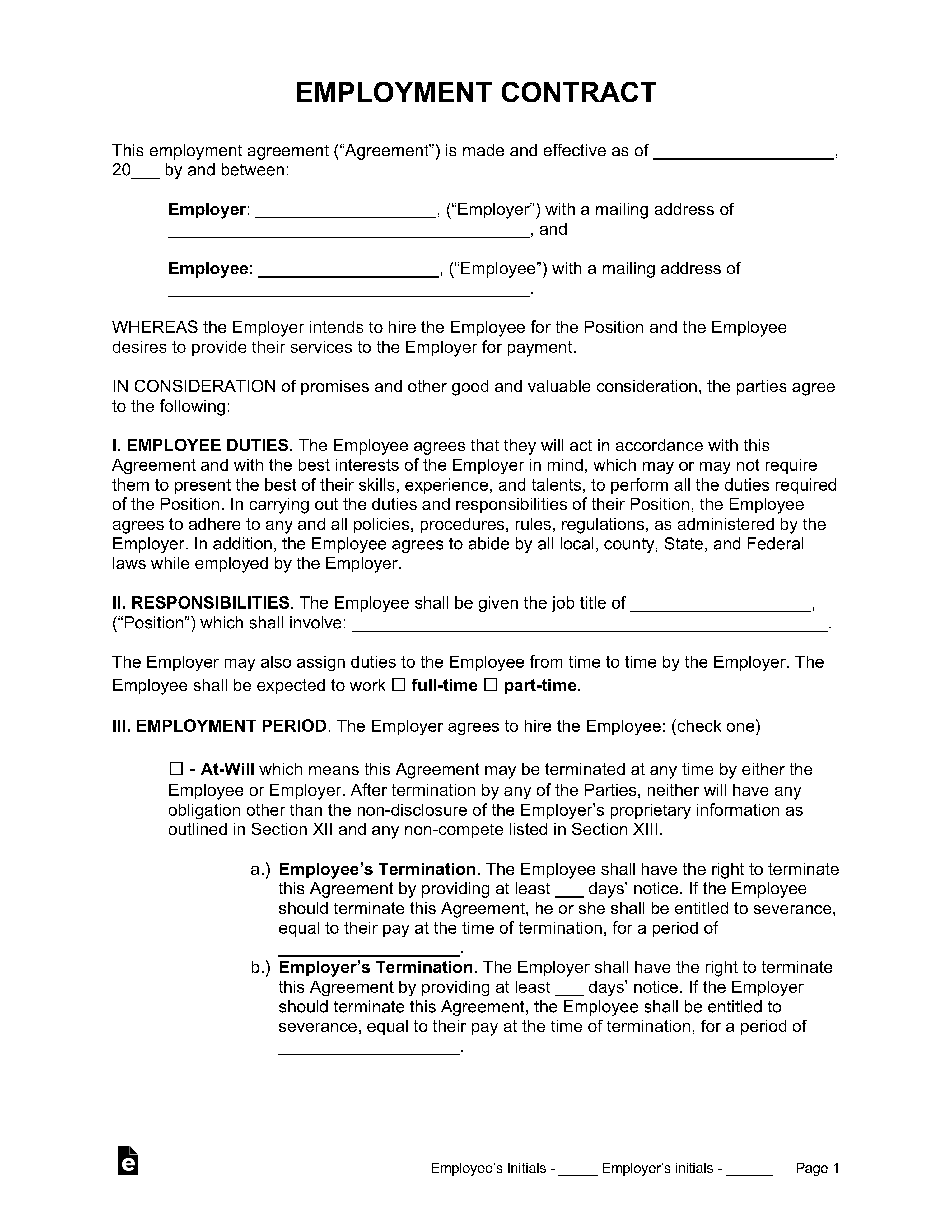[MA] My employer deducted 8 hours from my paycheck because we were closed for Memorial Day, but I’m salaried/exempt. Is this legal?
October 30, 2025
Massachusetts wage laws can get tricky when it comes to exempt employees. Let’s break it down.
Federal Law (FLSA) & Salary Basis Rule
Under the Fair Labor Standards Act (FLSA), if you’re salaried and exempt, your employer generally cannot dock your pay for partial-week absences caused by the employer, such as a company closure for a holiday.
- A “salaried/exempt” employee must receive the full salary for any week in which they perform any work, unless the absence is voluntary (like taking personal time off).
- The only exceptions are things like full-week absences, unpaid disciplinary suspensions, or FMLA leave.
So — if you worked at all during that week (even one hour), they’re not supposed to deduct pay for the day the business closed. Doing so could violate the salary basis test, meaning you might not actually be classified as exempt.
Massachusetts Law
Massachusetts tends to be even stricter about wage deductions. If your employer made a deduction without legal authorization or a written agreement, that could violate Massachusetts General Laws ch. 149, §148 (the Wage Act).
- Deductions are only legal if required by law (like taxes) or voluntarily authorized in writing by the employee for a valid purpose.
- Reducing your salary for a company closure isn’t one of those valid deductions.
Your Offer Letter
You mentioned your offer letter promises an annual salary. That strengthens your position — an annual salary typically means a fixed, consistent paycheck, regardless of business closures.
The part about being “eligible for holiday pay after six months” likely applies to hourly or non-exempt staff, not salaried exempt employees. Holiday “eligibility” shouldn’t affect your salary guarantee under federal or state law.
Red Flags
Deducing 8 hours from exempt employees’ pay can jeopardize their exempt status — potentially exposing your employer to wage violations.
The instruction forbidding you to discuss compensation with coworkers is also illegal under the National Labor Relations Act (NLRA). Employees have the right to discuss pay openly, even in small private businesses.
What You Can Do
- Document everything
- Keep the notice, pay stub, and any written communications about the deduction.
- Ask for clarification in writing
Email HR or your manager:
“I noticed my salary was reduced for Memorial Day. Since I’m an exempt employee, I understood my pay would not vary based on company closures. Could you please clarify how this deduction complies with the FLSA’s salary basis rule?”
File a Complaint if Needed
If they refuse to correct it, you can contact:
- The Massachusetts Attorney General’s Fair Labor Division
- The U.S. Department of Labor (Wage & Hour Division)
Summary
- It’s not legal to deduct from a salaried exempt employee’s pay for a company holiday closure.
- It’s illegal to forbid pay discussions.
- You’re within your rights to request the money back or file a complaint.
Full Conversation

I live and work in Massachusetts. My employer deducted 8 hours from my paycheck because we were closed for Memorial Day, but I’m salaried/exempt. Is this legal?

I understand your concern. Were you given any prior notice about this deduction?

Not really — they posted a notice a week before saying, “Exempt employees will receive holiday pay in compliance with state and federal wage and hour laws.”

Has this ever happened before — any other deductions for holidays?

No, I’ve only been there three months. The same notice also said employees are eligible for holiday pay only after completing six months. I’m confused, though, because I’m guaranteed a yearly salary.

Got it. Do they normally pay people for that day off, or was this the first time the business closed?

They posted ambiguous notices about exempt employees, and they deducted 8 hours from another exempt employee who’s been there two years. They also took a vacation day from a non-exempt worker who’s been there almost three years.

Okay, so you’re trying to figure out your rights here, right?

Yes — this feels really underhanded.

Understood. I’m so sorry you’re dealing with this. Give me a moment to draft a detailed answer.

Massachusetts wage laws can get tricky when it comes to exempt employees. Let’s break it down.
Federal Law (FLSA) & Salary Basis Rule
Under the Fair Labor Standards Act (FLSA), if you’re salaried and exempt, your employer generally cannot dock your pay for partial-week absences caused by the employer, such as a company closure for a holiday.
- A “salaried/exempt” employee must receive the full salary for any week in which they perform any work, unless the absence is voluntary (like taking personal time off).
- The only exceptions are things like full-week absences, unpaid disciplinary suspensions, or FMLA leave.
So — if you worked at all during that week (even one hour), they’re not supposed to deduct pay for the day the business closed. Doing so could violate the salary basis test, meaning you might not actually be classified as exempt.
Massachusetts Law
Massachusetts tends to be even stricter about wage deductions. If your employer made a deduction without legal authorization or a written agreement, that could violate Massachusetts General Laws ch. 149, §148 (the Wage Act).
- Deductions are only legal if required by law (like taxes) or voluntarily authorized in writing by the employee for a valid purpose.
- Reducing your salary for a company closure isn’t one of those valid deductions.
Your Offer Letter
You mentioned your offer letter promises an annual salary. That strengthens your position — an annual salary typically means a fixed, consistent paycheck, regardless of business closures.
The part about being “eligible for holiday pay after six months” likely applies to hourly or non-exempt staff, not salaried exempt employees. Holiday “eligibility” shouldn’t affect your salary guarantee under federal or state law.
Red Flags
Deducing 8 hours from exempt employees’ pay can jeopardize their exempt status — potentially exposing your employer to wage violations.
The instruction forbidding you to discuss compensation with coworkers is also illegal under the National Labor Relations Act (NLRA). Employees have the right to discuss pay openly, even in small private businesses.
What You Can Do
- Document everything
- Keep the notice, pay stub, and any written communications about the deduction.
- Ask for clarification in writing
Email HR or your manager:
“I noticed my salary was reduced for Memorial Day. Since I’m an exempt employee, I understood my pay would not vary based on company closures. Could you please clarify how this deduction complies with the FLSA’s salary basis rule?”
File a Complaint if Needed
If they refuse to correct it, you can contact:
- The Massachusetts Attorney General’s Fair Labor Division
- The U.S. Department of Labor (Wage & Hour Division)
Summary
- It’s not legal to deduct from a salaried exempt employee’s pay for a company holiday closure.
- It’s illegal to forbid pay discussions.
- You’re within your rights to request the money back or file a complaint.

That’s exactly the clarification I needed — thank you. This place is toxic; time to start looking elsewhere.





